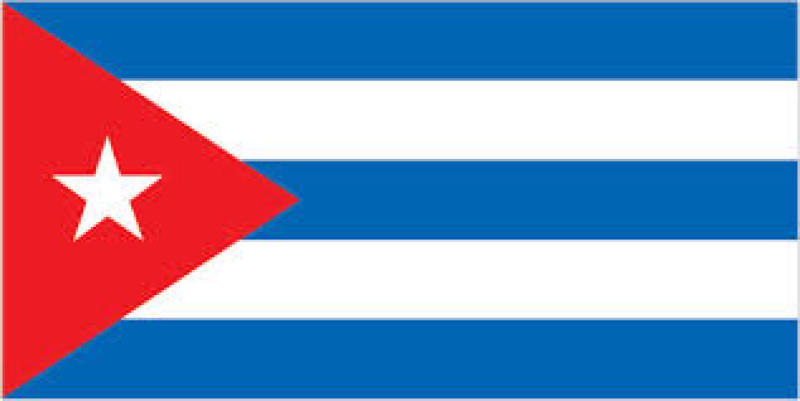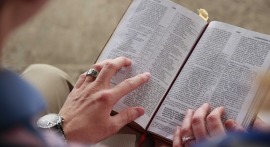
The people of Cuba held anti-communism protests on Sunday over a number of major issues in the country.
According to The Epoch Times, the Cubans were protesting against the lack of freedom, human rights abuses and shortages of basic needs such as gas, electricity and vaccines under the current communist regime.
Videos circulating online showed the demonstrations were mounted in various cities, including Havana, Guira de Melena, San Antonio de los Baños and Alquizar.
The protesters could be heard shouting "freedom," "homeland and life" and "down with the dictatorship" during the demonstrations.
A local resident told Reuters that the people are protesting over blackouts and medicines.
But Miguel Diaz-Canel, president of the communist regime, claimed that the protests were stirred up by America's smear campaign. He then called for his supporters to counter the protesters.
"We're calling on all the revolutionaries in the country, all of the communists, to come out onto the streets and to go to the places where these provocations are going to take place. The combat order is given: To the streets, revolutionaries," the president said on television, captured by CBS News.
But Julie Chung, the United States' Assistant Secretary of State for Western Hemisphere, reacted to Diaz-Canel's statement. In a Twitter post, she stated that the United States is "deeply concerned by 'calls to combat'" in the communist country and that the Cubans' right to peaceful protest is supported by the American government.
"We call for calm and condemn any violence," the assistant secretary further said.
However, Carlos F. de Cossio, Cuba's director general for U.S. affairs, criticized Chung for her tweet.
"US State Department and its officials, involved to their necks in promoting social and political instability in #Cuba, should avoid expressing hypocritical concern for a situation they have been betting on. Cuba is and will continue to be a peaceful country, contrary to the US," de Cossio wrote.
The uproar has also concerned a number of other American politicians.
Sen. Marco Rubio, who has Cuban blood himself, tweeted about the protests, sharing about people chanting that they are not afraid.
"Frustration with the dictatorships incompetence, greed & repression is mounting rapidly," the senator added.
Rubio also noted of Cuba's "Communist repression squads" which, he said, are being ignored by the "US corporate media outlets."
Maria Elvira Salazar, a Florida representative and a daughter of Cubans, revealed that the communist government is shutting down the internet in the country.
Francis Suarez, the Mayor of Miami who also have Cuban parents, called for United States to intervene on the issue.
"Cubans are worthy and ready to rule themselves without tyranny. It can end today and it must end today. The implications of this moment can mean freedom for millions of people in the hemisphere, from Nicaraguans and Venezuelans and so many more," Suarez stated.
BBC reported that the economy of Cuba is struggling due to a couple of major factors, which include tourism and sugar export.
The country's tourism industry was substantially affected by the pandemic's travel restrictions. On the other hand, the poor sugar harvest was blamed on a number of causes, such as lack of fuel, breakdown of machineries and humidity in plantations.
It's worth noting that more than 50 members of the opposition were confirmed to have been kidnapped by the communist dictatorship's secret police Sunday, Armando Ibarra, president of Miami Young Republicans, said in a tweet.
Ibarra also tweeted very recently that "at least 5 protestors," including adolescents, have been murdered by the communist government in Santiago. "Numerous protestors" were also "disemboweled" by the government's forces in Havana.
UPDATE: Edited to add missing text. We apologize for any confusion this might've caused.

























